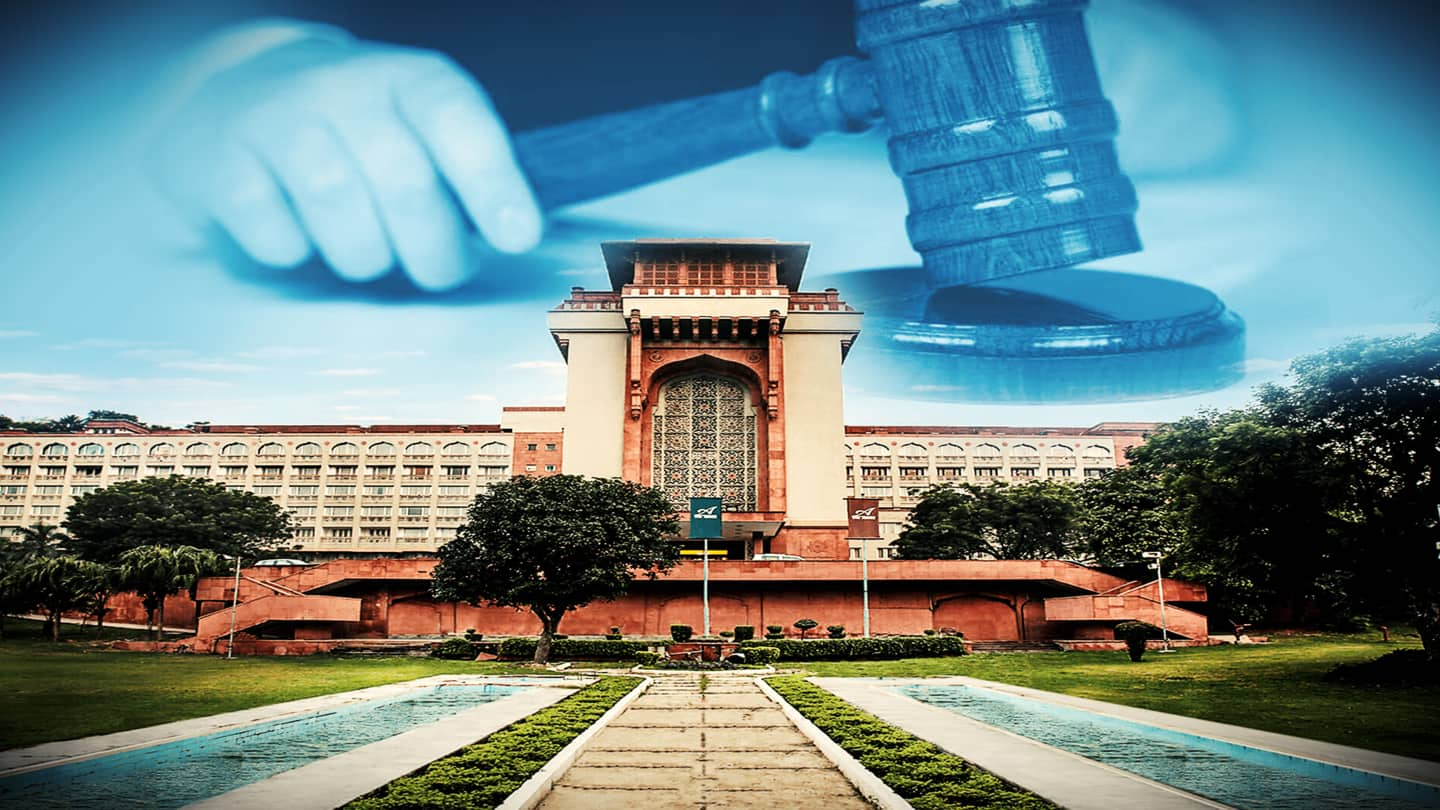
Never asked for COVID-19 facility at Ashoka Hotel: Delhi HC
What's the story
The Delhi High Court on Tuesday reprimanded the city government over a controversial order directing the use of 100 rooms at the five-star Ashoka Hotel as a COVID facility exclusively for HC judges, judicial officers, and their families.
The court said it had made no such request.
The order had drawn flak as Delhi faces a shortage of hospital beds amid surging coronavirus cases.
Details
'No request for preferential treatment made by HC'
A division Bench of Justice Vipin Sanghi and Rekha Palli said that no request for "preferential treatment" was made by the HC.
The bench said that the order should be withdrawn, else the court will quash it.
"It's unthinkable that we as an institution will want any preferential treatment," the bench said, adding that the order is misleading, LiveLaw reported.
Order
What did the order say?
The Delhi government's order, dated April 25, directed the use of 100 rooms of Ashoka Hotel, for establishing a COVID-19 health facility for the use of justices, other judicial officers of Delhi HC, and their families.
Paragraph 6 of the order—passed by Geeta Grover, Sub Divisional Magistrate, Chanakyapuri—states that "request has been made by the Delhi High Court for setting up a facility."
Quote
HC said it only wanted assurance on availability of beds
The bench said, "No such request was made by us that set-up a facility at this hotel or that hotel."
"The purpose of meeting was that judiciary, particularly subordinate judiciary have to go to courts, have been infected and their families have been infected. We have already lost two judicial officers," it said, adding that they only wanted assurance that some facility was available.
Criticism
'Delhi government passing orders without bothering to do anything'
The bench also reprimanded the Delhi government for passing orders "left, right, and center without bothering to do anything."
It criticized the city government for not looking after key concerns, such as a shortage of medical personnel and supplies, adding that the order could be construed as an attempt to appease the court or that the court is seeking to benefit itself.